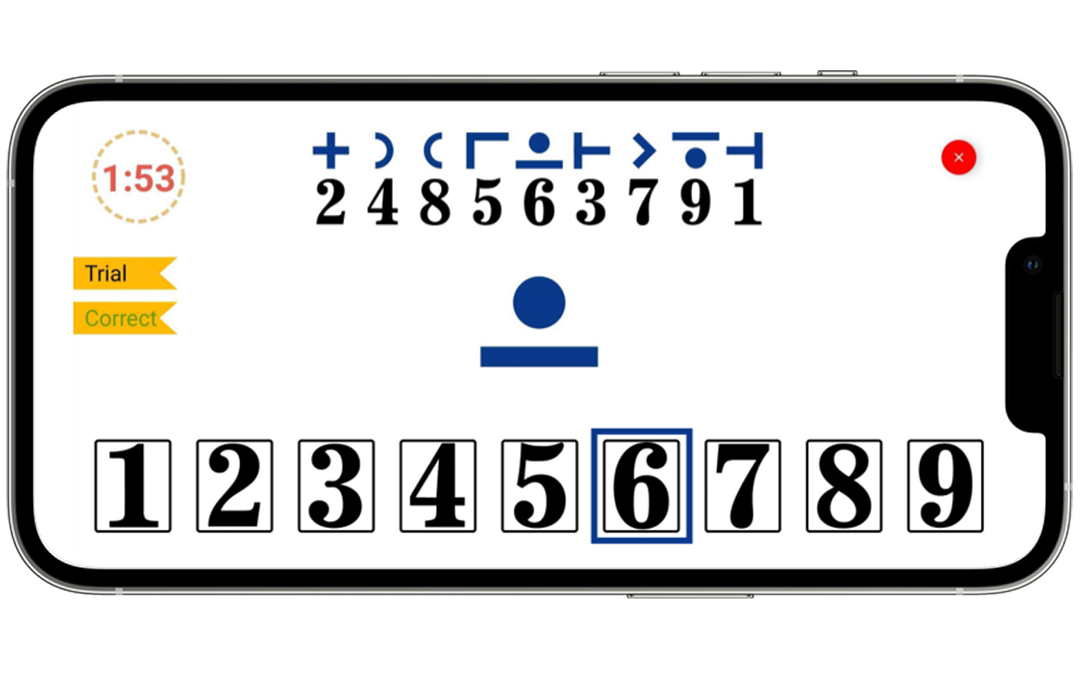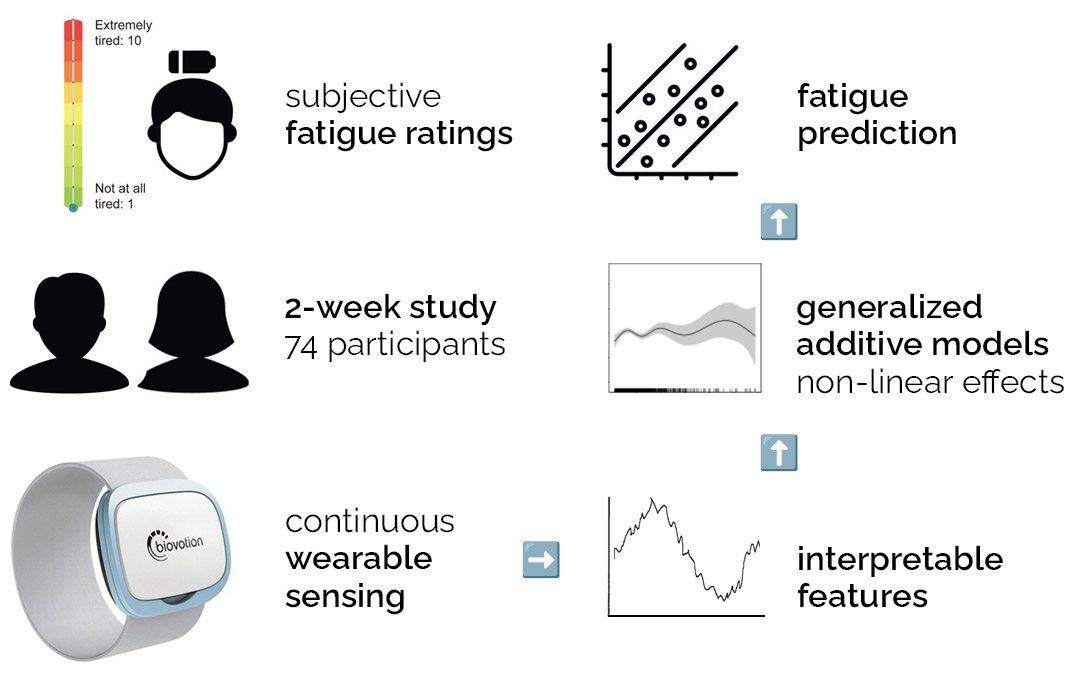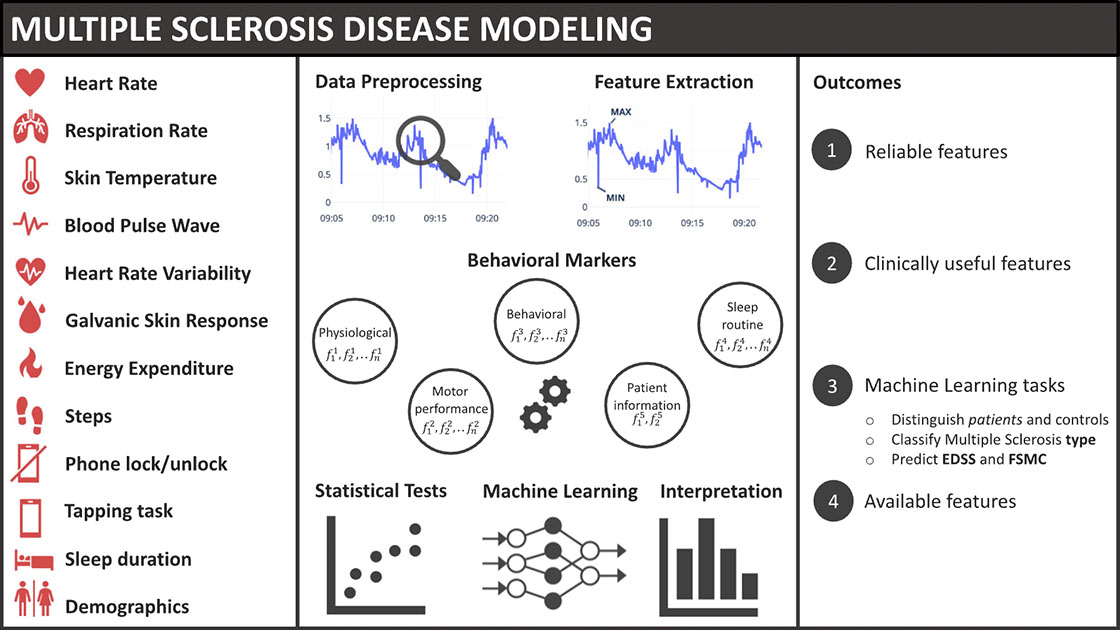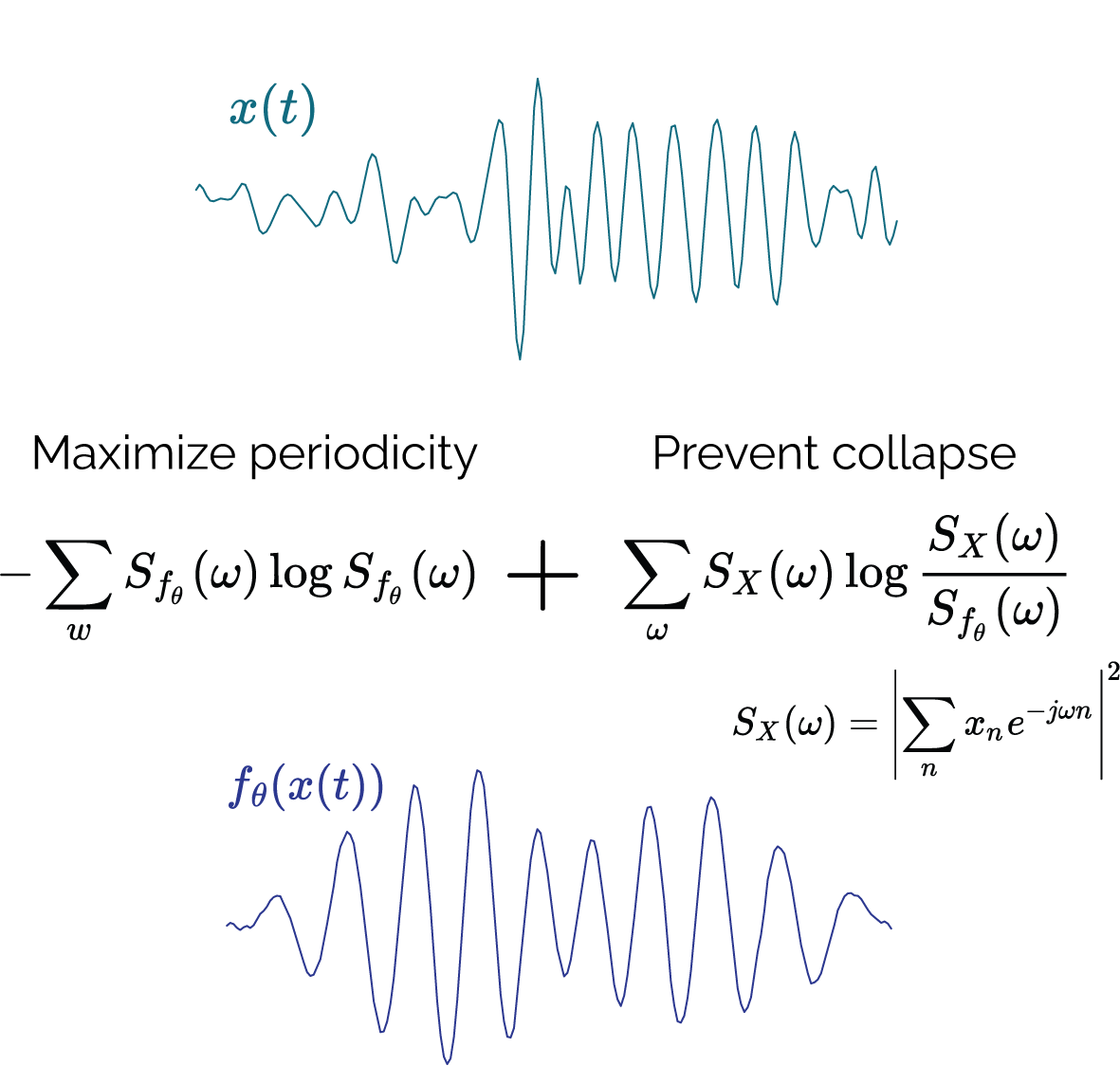Cognitive fatigability assessment test (cFAST)
Development of a new instrument to assess cognitive fatigability and pilot study on its association to perceived fatigue in multiple sclerosis
DIGITAL HEALTH 2022Abstract
Background: Fatigue is a common symptom of many diseases, including multiple sclerosis. It manifests as a cognitive or physical condition. Fatigue is poorly understood, and effective therapies are missing. Furthermore, there is a lack of methods to measure fatigue objectively. Fatigability, the measurable decline in performance during a task, has been suggested as a complementary method to quantify fatigue. Objective: To develop a new and objective measurement of cognitive fatigability and investigate its association with perceived fatigue. Methods: We introduced the cognitive fatigability assessment test (cFAST), a novel smartphone-based test to quantify cognitive fatigability. Forty-two people with multiple sclerosis (23 fatigued and 19 non-fatigued, defined by the Fatigue Scale for Motor and Cognitive Functions) took part in our validation study. Patients completed cFAST twice. We used t-tests, Monte Carlo sampling, and area under the receiver operating characteristic curves to evaluate our approach using two sets of proposed metrics. Results: When classifying fatigue, our fatigability metric Δresponse time has a mean area under the receiver operating characteristic curve of 0.74 (95% CI 0.64–0.84), making it the best performing metric for this task. Furthermore, Δresponse time shows a statistically significant difference between the fatigued and non-fatigued groups (t=2.27, p=.03). Particularly, cognitively-fatigued patients decline in performance, while non-fatigued patients do not. Conclusion: We introduce cFAST, a new instrument to quantify cognitive fatigability. Our pilot study provides evidence that cognitive fatigability assessment test produces a quantifiable drop in cognitive performance in a short period. Furthermore, our results indicate that cFAST may have the potential to serve as a surrogate for subjective cognitive fatigue. cFAST is significantly shorter than the existing fatigability assessments and does not require specialized equipment. Thus, it could enable frequent and remote monitoring, which could substantially aid clinicians in better understanding and treating fatigue.
Reference
Liliana Barrios, Rok Amon, Pietro Oldrati, Marc Hilty, Christian Holz, and Andreas Lutterotti. Cognitive fatigability assessment test (cFAST): Development of a new instrument to assess cognitive fatigability and pilot study on its association to perceived fatigue in multiple sclerosis. In DIGITAL HEALTH 2022.






